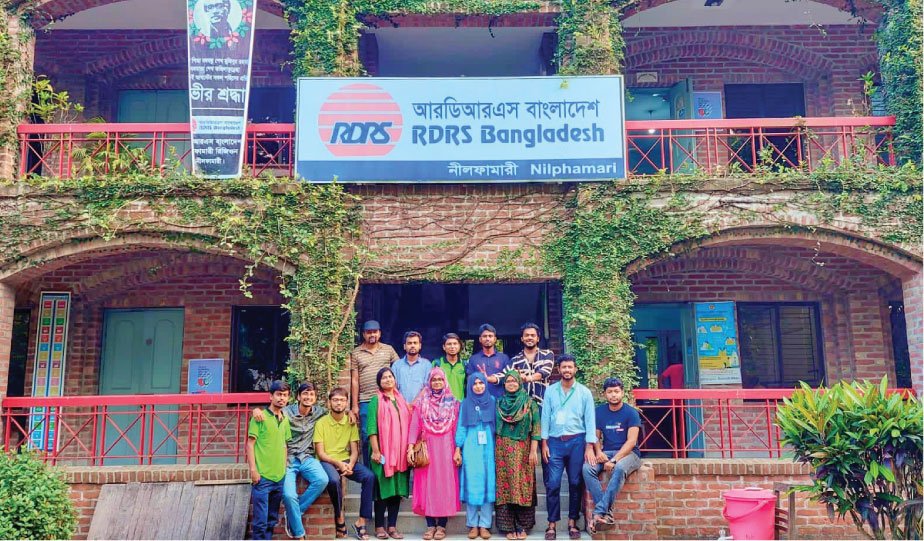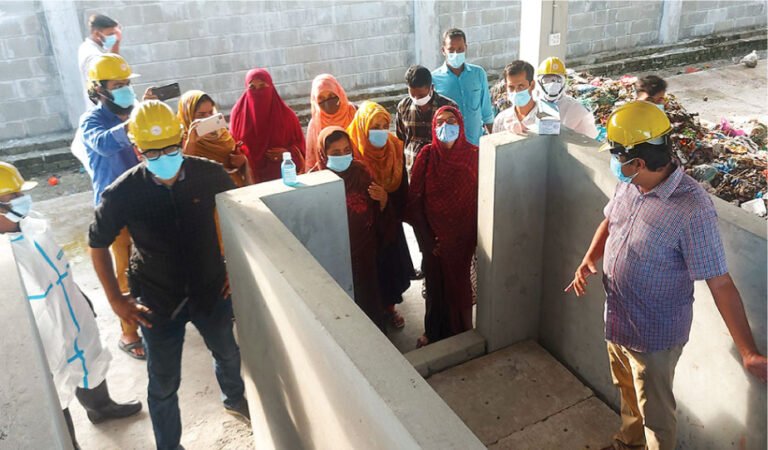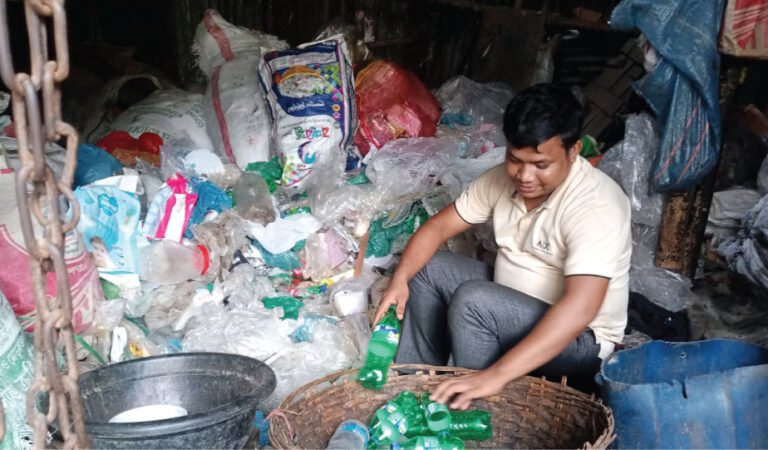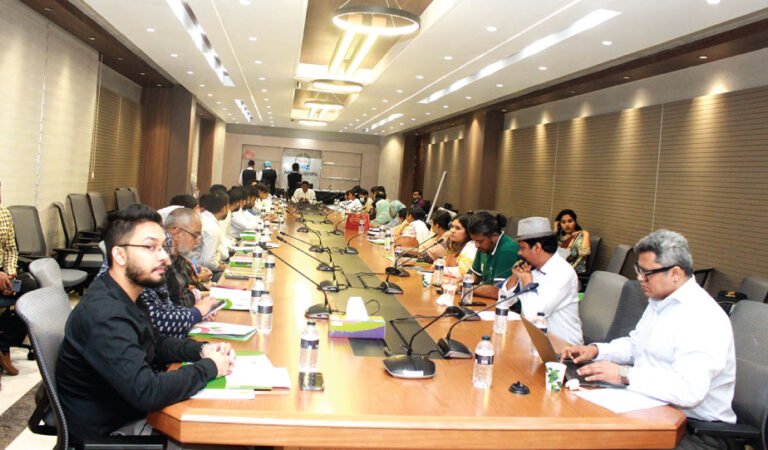Evaluation of RDRS Core Comprehensive Programme
Rangpur Division in Bangladesh is one of the country`s poorest areas with 42% of people living in poverty. Despite improvements, the division still faces challenges in terms of resources, industry, employment, and frequent natural disasters. This is why the RDRS has created the Core Comprehensive Programme 2020-2022, which has three main objectives: empowering communities to assert their rights and claim justice, increasing access to health services for poor families, and strengthening community resilience to climate change and disaster.
The Rural Development and Relief Society (RDRS) Bangladesh is committed to improving the livelihood of people living in rural areas. ACE conducted a 6-week research period in 8 districts of the Rangpur Division and parts of Jamalpur, where RDRS is implementing its Core Comprehensive Programme.
To evaluate the success of the programme, an evaluation process was conducted which included beneficiary surveys, FGDs, and SWOCs. This final evaluation was designed to assess the relevance, effectiveness, impact, sustainability, and timeliness of the RDRS Core Comprehensive Programme. The programme has established community institutions such as Union Federations to improve community resilience and foster community empowerment.
Despite the best efforts of governments and development initiatives, poverty is still a major problem in the rural areas of Bangladesh. Poor governance, lack of education and awareness of rights, and the effects of climate change are just some of the underlying factors that contribute to the problem.
Also the challenges faced by the rural women and adolescent girls of Bangladesh and how they are further impacted by the poor governance system, lack of access to justice, and vulnerability to natural disasters is a problem itself.
The evaluation was designed to assess the overall effectiveness of the project, identify the worth of any future prospects of continuation, and evaluate the measures taken by RDRS that aimed to improve the capacity of the Federations, establish a secure livelihood, and provide recommendations to make strategic decisions.




